Once the pandemic started, thousands of Angelenos moved to the outer suburbs and exurbs in San Bernardino County, already one of the fastest growing counties in the country.
The vast majority of the voters in CA-23 (formerly CA-08) live in San Bernardino and the data the political prognosticators use is not up to date. Their data shows a slight GOP lean– R+2.6% but the county grew population by half a percent– including over 11,000 people from Los Angeles in the last 12 months alone.
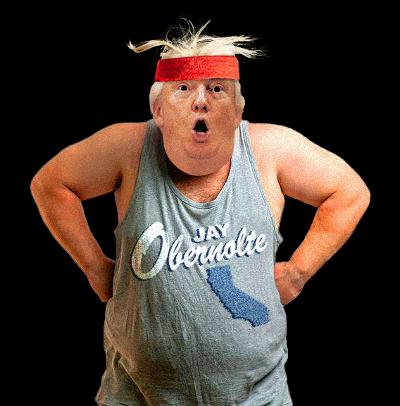
These new residents don’t know that the incumbent, Trumpist Republican Jay Obernolte, voted against certifying the elections, against the Equality Act, against COVID Relief, against lowering the cost of insulin, against prevent gas gouging, against stopping domestic terrorists, against relief for families in need of baby formula, etc.
Blue America-endorsed progressive Derek Marshall, unlike most challengers, has raised enough money (over half a million dollars, basically keeping pace with Obernolte so far) to deliver the message to motivate voters in the sprawling district.
Derek is a former top Bernie Sanders community organizer running in a district that Bernie won and has already been endorsed by the California Democratic Party, PDA, the Inland Empire Labor Council and Blue America. You can contribute to his campaign here.
One of the sharpest election organizers this cycle, he explains below what his team is doing to win this election:
Community Organizing Can Build Electoral Power
-by Derek Marshall
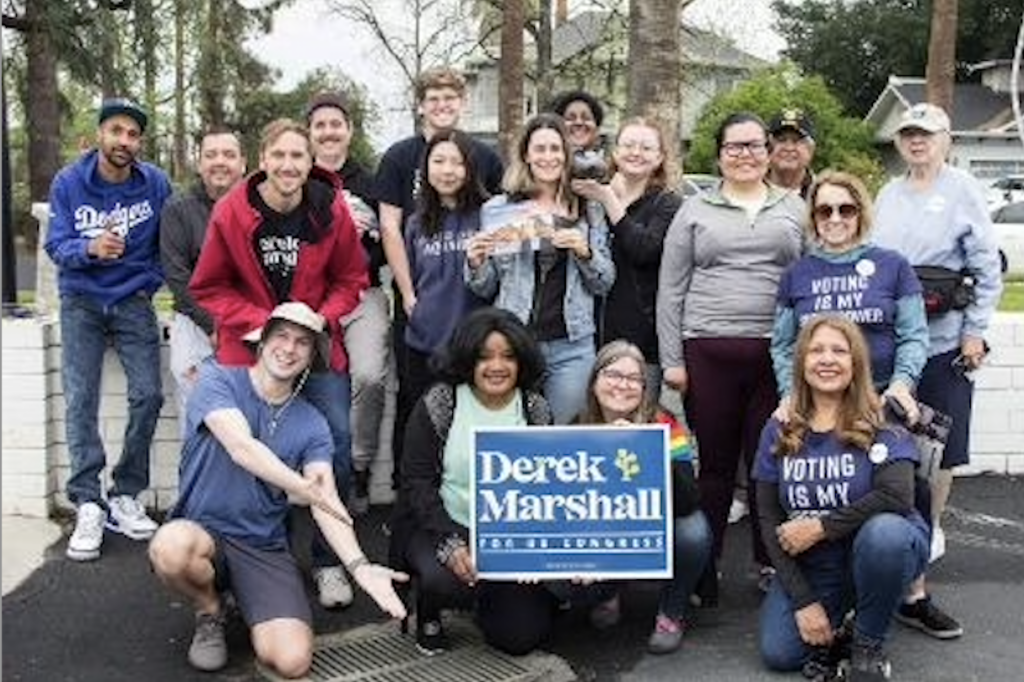
I don’t think it comes as a surprise to anyone when I say that politics today makes people feel disconnected. We seem to be more divided than ever, and we’re left with a sense of dejection at how little we can control or change about the status quo. However, I can tell you from my own experience, community organizing and mutual aid are great ways to take a step toward your own agency and feel a direct connection to your community.
My life has always been about organizing and finding a way to make real change through action, that’s why I’m running a unique grassroots campaign to represent California’s new 23rd District in the U.S. House of Representatives.
For decades now, we’ve seen Democratic electoral strategy become more and more focused on the grasstops. Campaigns that mostly focus on paid media, mail and digital programs with minimal or surface level engagement in the field and the community at-large. As a community organizer, I find this strategy at best ineffective, at worst, responsible for increasing the number of disengaged and disenfranchised voters. Real, sustainable, electoral power can only be built when deep bonds are forged between candidate, party and community– voters want to feel connected to their representative and that means showing up at the doors, at community meetings and having the tough conversations with voters who don’t always agree with you.
It’s pretty simple really– we can’t expect voters to come out for us if we don’t respect them enough to engage with them directly and make them part of the conversation.
And that’s what we’re doing in the Inland Empire. Our campaign invested early in our ground game– we’ve been out in the field talking face to face with voters at the doors and at community gatherings for months.
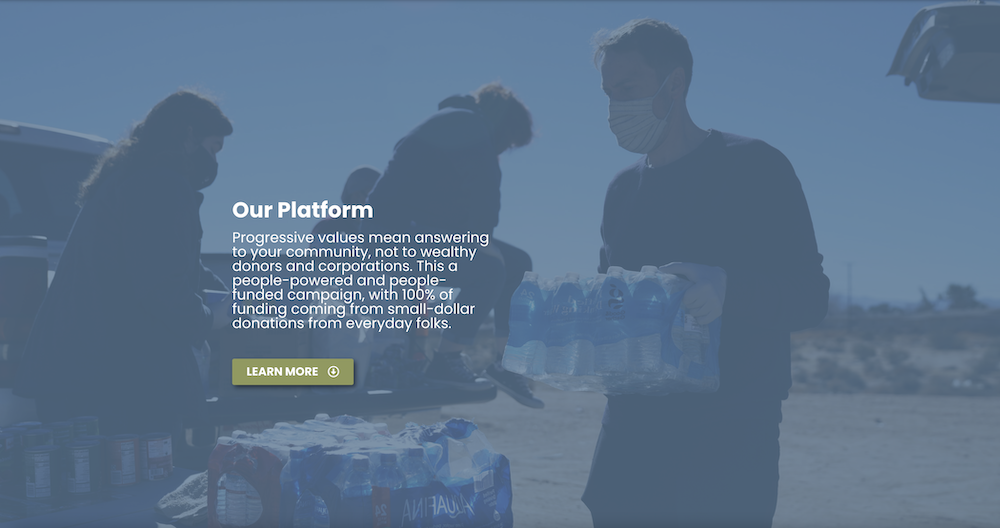
We have knocked on thousands and thousands of doors and in the month of May alone we’ve completed hundreds of volunteer shifts and have made over 50,000 direct calls to voters.
Don’t get me wrong– I think TV ads, radio spots and mail all have their place in campaign strategy– trust me our campaign has done plenty of it. We’ve put out an aggressive paid mail and spanish language radio program as well as a competitive digital program– but organizers know– the face to face conversation is where and how we win. What my organizing experience taught me is that it’s always possible to make real change. Even when campaigns are deeply financially outmatched, or come up short on election day, it’s not a wasted effort if you keep the team and community active by working towards justice.
Is the system flawed? Yes. Does it have a long history of keeping working people from having a seat at the table? Also, yes. But that does not mean we as organizers and activists should completely ignore contesting for power. With the right strategies, I believe we can accomplish the mutual aid work that is so important to helping our neighbors today while also organizing for long-term change electorally for the future.
Although it may seem that we’re more divided than ever, I find myself feeling more connected through organizing– it brings people together, not just in politics, but in life. To me, where there’s organizing, there’s hope to create a better society for all. That’s exactly what I’m aiming to do with my campaign. Join us.
Thanks for always doing what you can to help make this a better world,
Howie, for the entire Blue America team
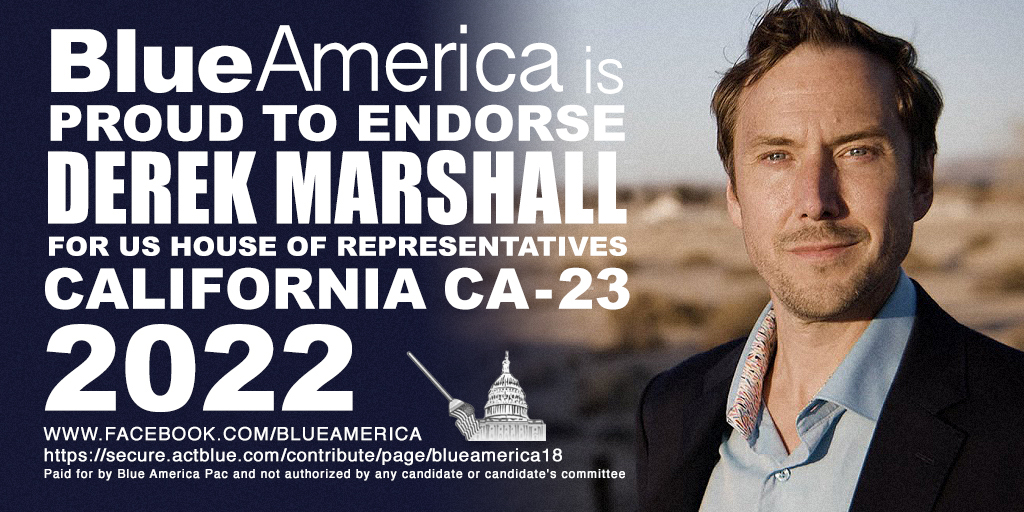
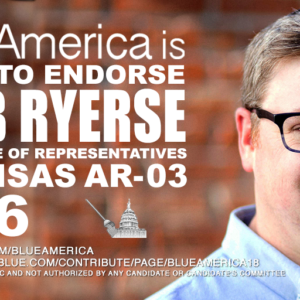
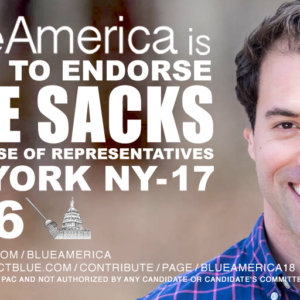

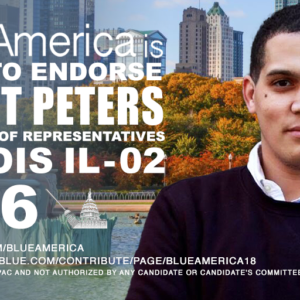
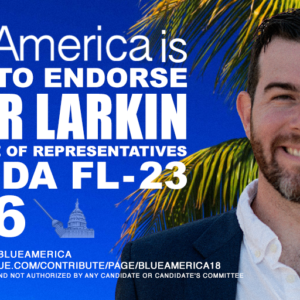

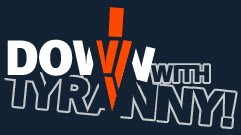

Comments